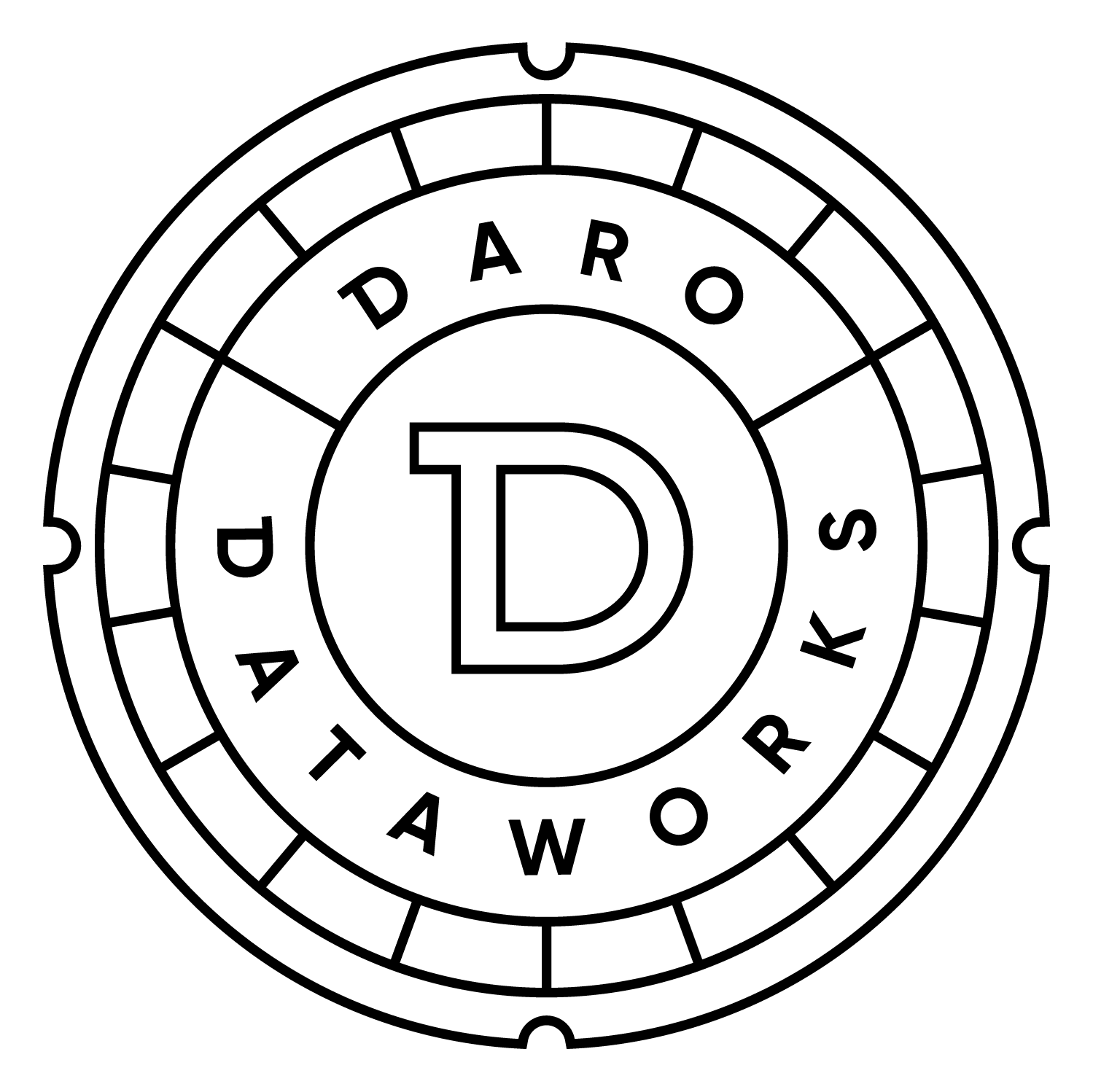Prototyping Is an Invaluable Core Competency and a Necessary Practice for Organizations
Photo by FORTYTWO on Unsplash
Cultivating Experimentation As A Common Practice Builds Resilience
By Jesse Bourns, COO at Ajah
“Fail faster to succeed sooner.” -IDEO Founder David Kelley
I see a lot of organizations get stuck trying to change how they manage their information and data—they focus so much on being perfect that projects never get launched and nothing gets implemented. Granted, this approach won’t always fail. Let’s say your organization needs a new finance system. It’s a more common problem that’s already well understood, so it's fairly straightforward to implement—you can plan, design, select and implement. But in many cases, especially for social purpose organizations, the needs are more complex and the end state of what’s being implemented isn’t clear.
For example: your organization needs systems for gathering data and evidence about its programs, then needs to extract learnings from those programs and use them to adapt and improve—even that sentence is complicated. The need and problem are clear, but the mechanics of how they’re addressed are unknowns. No matter how carefully you design and plan, you’ll be making assumptions throughout—and that creates risks. Those mechanics will be what makes the system functional or disastrous. These more complex needs emerge everywhere—in deceptively “simple” areas too.
When you don’t yet know what the end state looks like, your organization needs to be able to experiment and explore in order to develop approaches that will work. That sounds easy, but it’s really common for organizations to struggle with this. Yes, your gut feeling is probably right—it really does take your organization a long time to do new things, even when they seem so small.
Fundamentally, this is usually because organizations and their staff are missing prototyping as a competency. Tell-tale signs of this are that tools never seem to “launch,” staff default to creating committees and teams, and there’s a general sense that change won’t happen without adopting another “enterprise” project. It’s ok, and probably preferable, to build interim spreadsheets before launching giant technology projects. An organization that can build those spreadsheets will be more agile—you just need some structure and discipline to prevent it from getting out of hand.
Honestly, when people complain about “shadow” spreadsheets it’s probably because the organization can’t reliably implement improvements and make progress, and those shadow systems are just guerilla prototyping that is often helping your staff with their work:
By not cultivating and enabling prototyping, an organization is missing out on a valuable enabler/opportunity for digital transformation and general agility. On the surface, prototypes might seem to create only small changes—but in reality, they actually develop new pieces of infrastructure that can be leveraged for more rapid improvement and adaptation. A simple touchpoint where you ask a partner one standard question can eventually evolve into a sophisticated learning practice—or a fairly “boring” tracking sheet will eventually be a core part of an integration between different systems or departments.
Again, this needs to be balanced against the “Wild West” risks it creates where everyone does their own thing and there’s no centralized authority for core systems. But that balance can be achieved through standards of practice, discipline, and good mandates, as well as clarity over when and where this kind of approach can work.
Bottom line: organizations that can prototype are better equipped for problem-solving and will likely make more progress in transforming their practices. People in the organization will develop a new competency and acquire skills that allow them to develop creative solutions to complex challenges faster. If your organization isn’t intentionally cultivating this core competency (or to the extent that it doesn’t do that) success will be that much harder to achieve.

